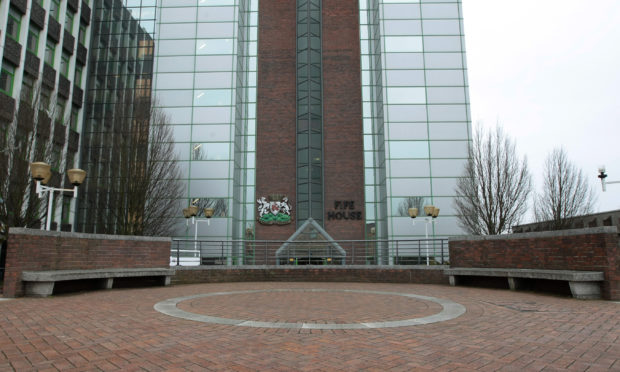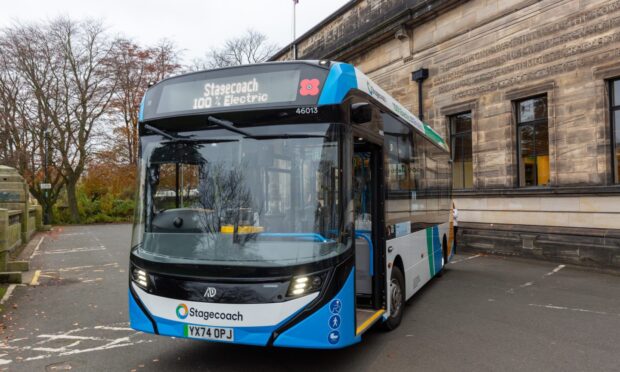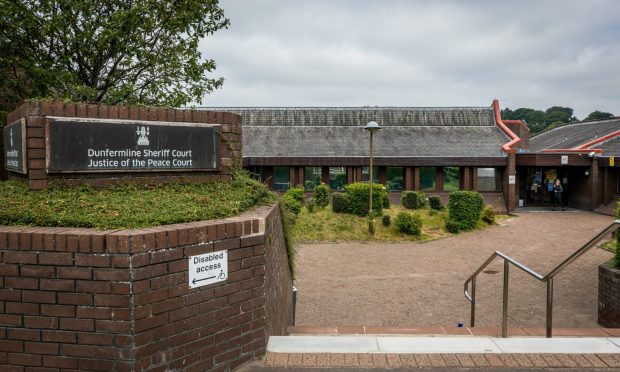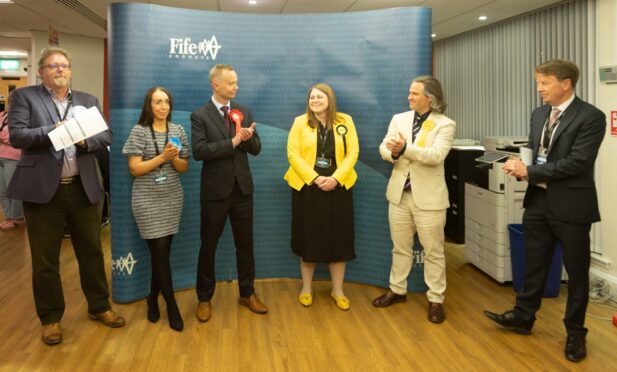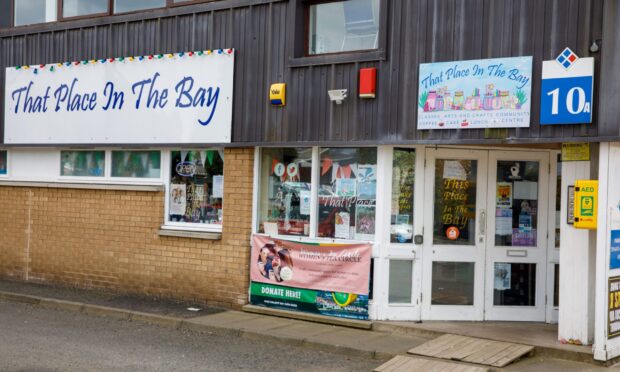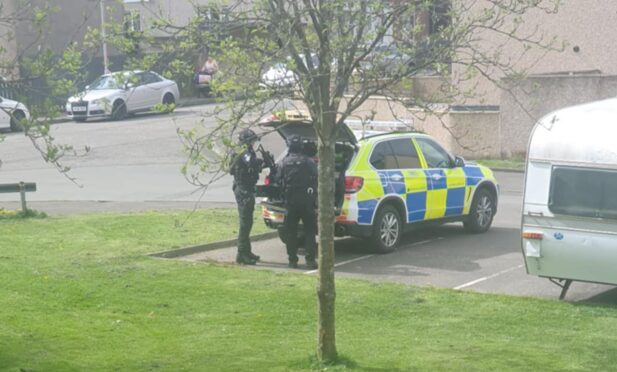Fife Council is set to write off more than £7 million in unpaid council tax and rents and is bracing for even higher levels of bad debt in next financial year.
The impact of the Covid-19 pandemic has been blamed for much of the 7.48% increase in the total of bad debt now scrubbed form the local authority’s books.
Councillors were told other local authorities are likely to find themselves facing similar issues as the impact of lockdown hits home.
The rise in Fife as mainly due to an 80% spike in unrecoverable council tax which had jumped from £1.33m in 2018/19 to £2.4m in 2019/20.
Les Robertson, head of Revenues and Commercial Services, told members of the Policy and Co-ordination committee that the coronavirus pandemic, and the resulting lockdown had “impacted heavily” on his team’s ability to recover bad debt.
The sums are made up of non recoverable council tax, sundry debtors and non-domestic rates and rental income.
He said much of his department’s work during the lockdown had been directed to administering the £58m relief fund made available to around 6,000 struggling businesses in the region.
“Work is ongoing to assess the full impact Covid-19 debt levels for the next financial year but it is likely the council will need to make provision in its budget for increased levels of debt,” said Mr Robertson.
“The main reason is because of the Covid-19 but Fife Council is only experiencing what all other authorities across Scotland are facing and we are preparing for greater bad debt provision for the next financial year.”
Mr Robertson said that a variety of actions would be exhausted before any write-off is considered.
He added: “Collection staff work closely with colleagues in legal services and external debt collection agencies to ensure that all options are pursued.
“Write-off is only considered where there is no realistic hope of recovery or where it is not economic to pursue recovery further.”
The committee was also warned that while discussions were ongoing with COSLA over its development of a ‘Loss of Income Scheme’ to support local authorities hit hard financially during the pandemic, council tax and rents loss would not be part of that support.
However, Mr Robertson said the debt still only represented a 1.2% of the total bills raised (£587.4 m for 2019/20).
Councillor Neil Crooks said there was still ” many positives” to be taken especially given such “unprecedented challenges faced during the pandemic.”
“The council’s cost in collecting debt is now the lowest of any local authority in Scotland, restructuring has made the department more efficient and income collected in cash terms has risen by nearly £7m on the previous year,” he said.
